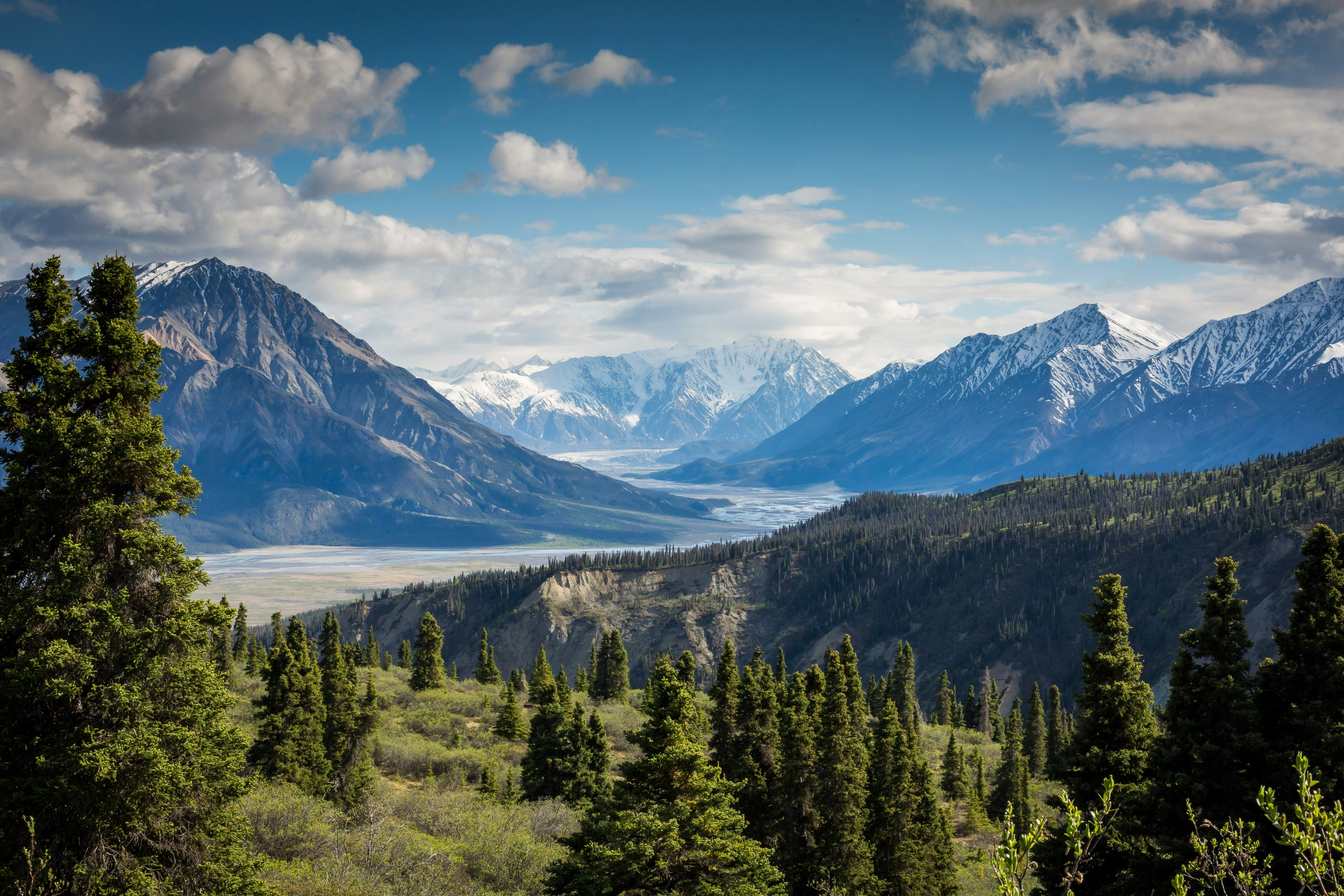Heated Escalation in Kashmir: Pakistan Threatens Retaliation, International Worry
Pakistan's Leader Announces Response - Worry Over Possible Intensification - Pakistan's Prime Minister voices worry and response over prospective escalation.
The already tense situation in the subcontinent has worsened following attacks by India on several Pakistani targets. Pakistan's Prime Minister Shehbaz Sharif, post a meeting of the security council, once again warned of a retaliation against the Indian military action. The international community, specifically the new German Chancellor, Friedrich Merz (CDU), urges all parties to exercise restraint.
As per the Pakistani military, 31 people have lost their lives, and 57 have been injured since the rocket attacks overnight. The deaths are attributed to "border violations" by the Indian Army. In a reciprocal move, artillery fire from the Pakistani Army in the Indian-controlled part of Kashmir resulted in several casualties in India overnight.
India launched attacks on numerous targets in Pakistan and Pakistan-administered Kashmir, claiming the attacks aimed at eliminating terrorist infrastructure. According to a military spokesperson in New Delhi, nine "terrorist camps" were destroyed. Pakistan has denied this confirmation.
Sharif, in a powerful statement, stated that Pakistan reserves the right to defend itself, promising an appropriate response at a time, place, and manner of Pakistan's choosing. Concerns are mounting in the region over a potential war between the two nuclear powers.
India's attacks came in retaliation for a terrorist attack on April 22 in Indian-controlled Kashmir that left 25 Indian tourists and one Nepalese citizen dead. India suspects Pakistan's involvement, while Islamabad denies any connection.
Following air strikes, fighting continued along the border overnight, according to the Indian Army. At least seven civilians, including two children, were killed and 38 others injured in the Indian union territory of Jammu and Kashmir. Other media outlets have reported at least ten fatalities. The government initially remained silent on casualty numbers. Images of destroyed buildings were broadcast by Indian broadcasters.
The army reported artillery fire along the border, a de facto divide between the two countries in the Himalayan region of Kashmir. Pakistan's Prime Minister Sharif also reported the shooting down of five Indian fighter jets. India has yet to verify this claim.
The Kashmir region, rich in history and conflict, is a bone of contention between Pakistan and India. Originating from the colonial era, the region was partitioned between the two nations during British withdrawal in 1947. Partition remains the root cause of bitter animosity today. Since gaining independence, the two countries have waged three wars against each other, two of which focused on Kashmir.
After the air strikes, Pakistan temporarily halted airspace traffic until the afternoon local time. Schools were shut down in various regions of India and Pakistan, and Sindh province in southeastern Pakistan declared a health emergency.
According to Michael Kugelman, a South Asia expert, the escalation potential is dangerously high compared to previous conflicts. The Indian attack on Pakistan is reportedly of a larger scale than the one in 2019, and the shooting down of several Indian aircraft is a cause for alarm.
International concern and calls for de-escalation have come from the United Nations, former US President Donald Trump, China, and Russia, among others. The UN Secretary-General António Guterres urged both nuclear powers to practice military restraint, and Donald Trump expressed hope for a peaceful resolution.
German Chancellor Merz stated in Paris, "A cool head is needed here. No one in the region should want further escalation." China called for self-control from both sides, expressing regret over Indian military action and concern for the situation's development. Iran also called for negotiations to de-escalate the situation.
Overall, the prolonged conflict between India and Pakistan over the Kashmir region continues to simmer, with recent military actions leading to civilian casualties and escalating international tension.
- The Commission, given the escalating conflict in Kashmir, has been asked to submit a proposal for a directive on the protection of workers from the risks related to exposure to ionizing radiation, considering the potential nuclear threats between India and Pakistan.
- Amidst the war-and-conflicts headlines, the International Politics section reported German Chancellor Friedrich Merz (CDU) urging all parties to exercise restraint during the ongoing Kashmir conflict, aligning with statements from various international figures.
- As Kashmir remains a bone of contention between Pakistan and India, with a history rich in conflict, general news outlets have highlighted Merz's call for one to keep a cool head to avoid further escalation, echoing similar sentiments from China, Iran, and others.
- In the realm of politics and international relations, the ceasefire between India and Pakistan in Kashmir has yet to be reestablished, while Merz, along with leaders like António Guterres and Donald Trump, continue to appeal for military restraint and peaceful resolution to avoid an escalation that could potentially put the world at risk.







